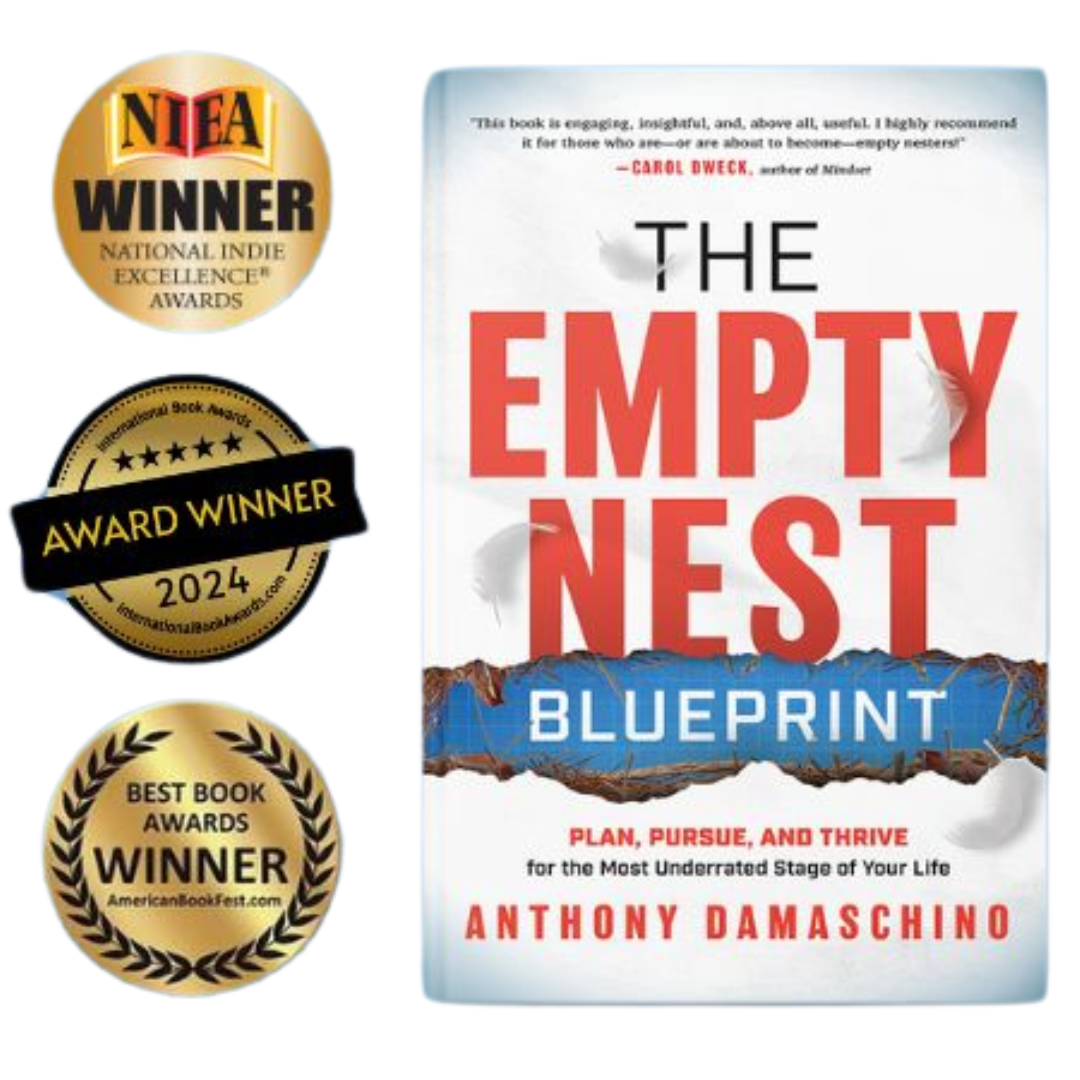What advice would you give to fathers who want to foster long-term relationships with their children in this next stage of life?
Oct 08, 2023 by Anthony Damaschino

My first piece of advice would be to assess where your relationship is today as a father. For example, What are your strengths as a parent? What do they rely on you for? How do you think they would describe you to their friends? This is an excellent time to test your self-awareness and create an honest picture of you, the father.
Now let’s look at an ‘ideal dad’. I’ll take a shot at a definition; you are encouraged to create your own. Here is mine: An Ideal dad is unconditionally there for their child. They are a good listener, interested, and supportive, and most of all, their actions and words let their child know that they love them.
I realize that is a pretty high bar. If you are meeting your ideal definition, congratulations! Keep doing what you are doing. If you aren’t quite meeting your definition, you likely have some areas to focus on. Perhaps it is just a few of the following: saying I love you, listening more, being interested in what they are doing and what they have to say, showing up and being there for them. It sounds easy enough, but we know relationships are complex and challenging.
Returning to the question, “What advice would you give to fathers who want to foster long-term relationships with their children in this next stage of life.” I would advise a father first to reach out, check-in, and start or continue to foster an ongoing conversational relationship. Next, I would recommend a father look for opportunities to be involved, interested, or active with their child. Shared interests, shared meals, and shared experiences. If that isn’t physically possible, then shared conversations and shared connections. Look for ways to connect with them and their interests at this stage. My final advice would be to never give up on shooting for your ideal definition. Let them know you love them. A call, a card, a text, a letter, a hug - whatever you need to do to let them know and show them that you are there for them always. That is what you do.
There are many ways to answer this question: drop unrealistic expectations, give them space, get involved, help them, and let them go. I’m sure there are situations where these statements make sense. If you want a relationship to thrive, you must show trust and interest, show up, and love and support the other person. It should be no different for your best friend, partner, or child.
